Integrated Pest Management: Safe Ways to Control Pests in Your Farm
Integrated Pest Management (IPM) is an effective and environmentally sensitive approach to pest management.
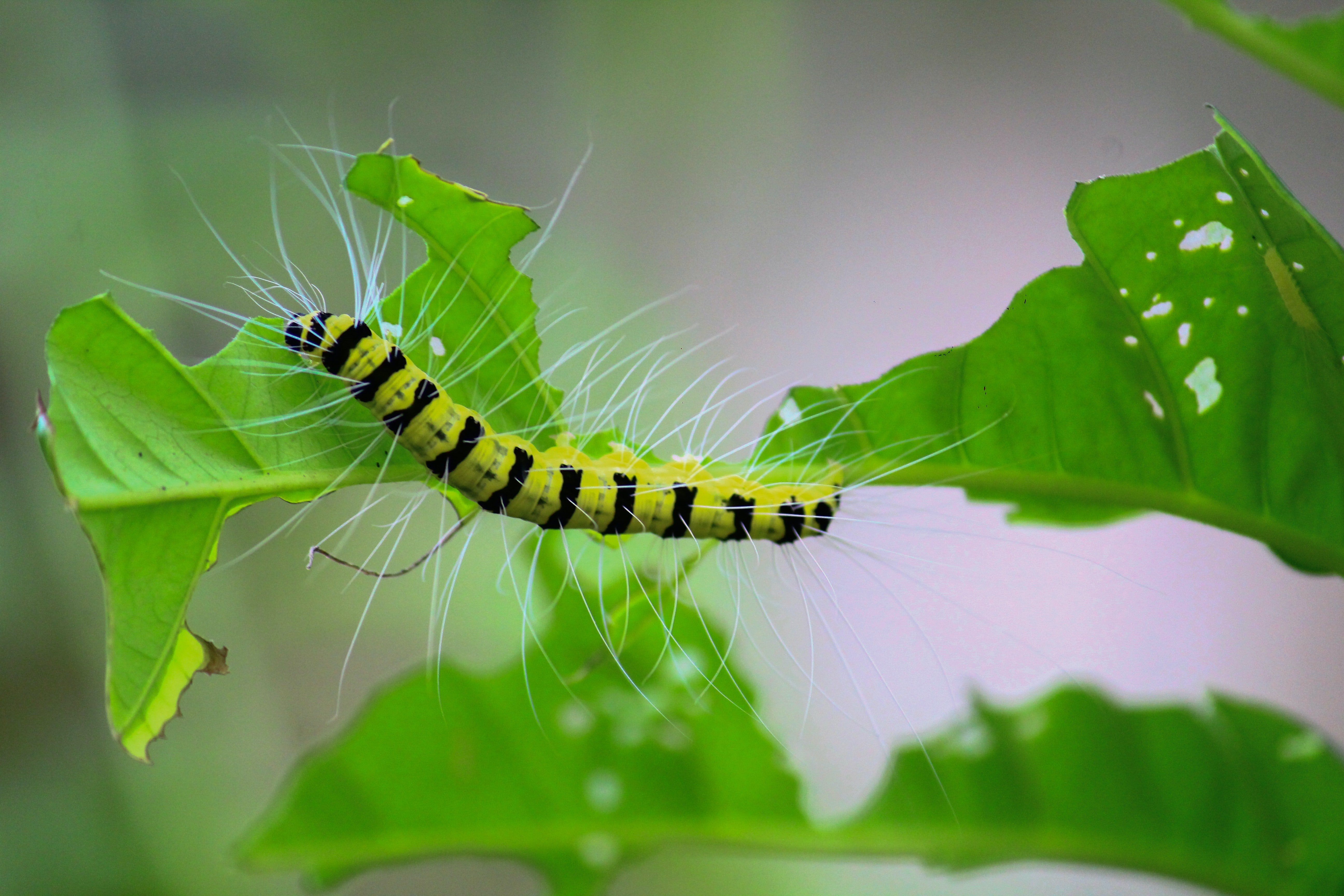
Integrated Pest Management (IPM) is an effective and environmentally sensitive approach to pest management.

“A healthy farm is nothing without a healthy you.”
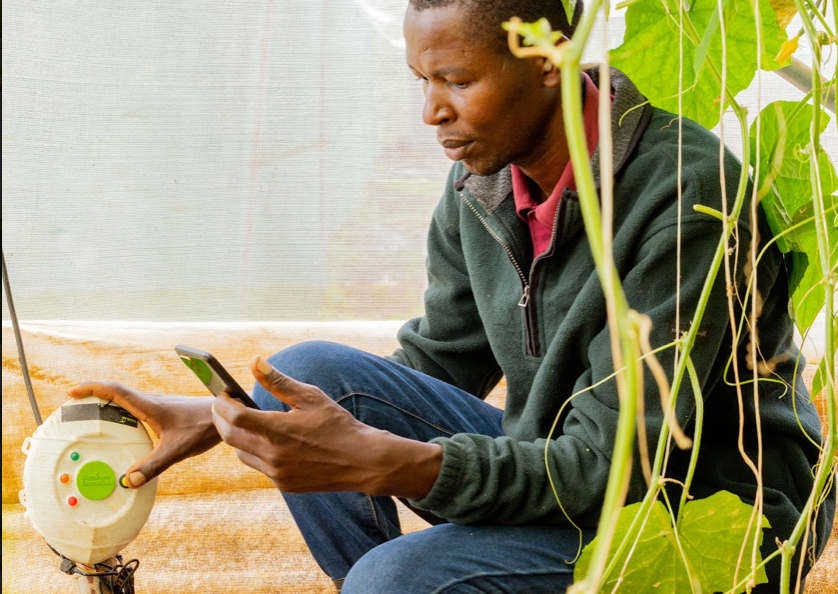
Great takeaways from this article:
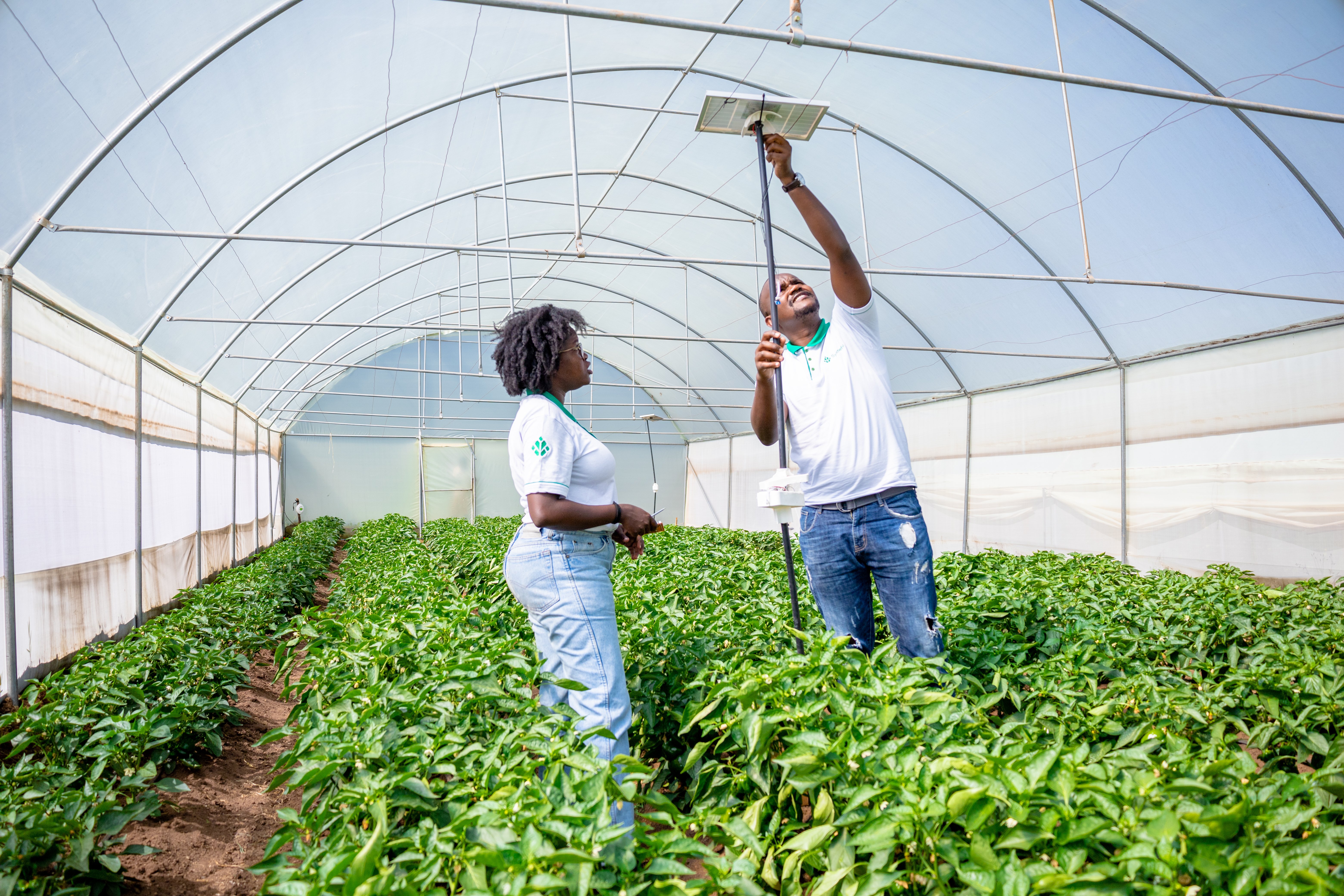
Farmers today are under increasing pressure to produce higher yields, while soft commodity prices are forcing them to lower costs. In order to achieve this, farmers need a farm management software that helps them leverage their farm data into timely decisions that save money and maximize profits on the farm. This is especially important as growers move toward more and more precision agricultural practices on their farms.
Precision Agriculture is a data-driven approach to farm management that can improve farm productivity and yields, thereby increasing the overall profitability of farming. It also helps reduce the need for inputs such as water and artificial fertilisers and pesticides, thus reducing the environmental footprint of farming.
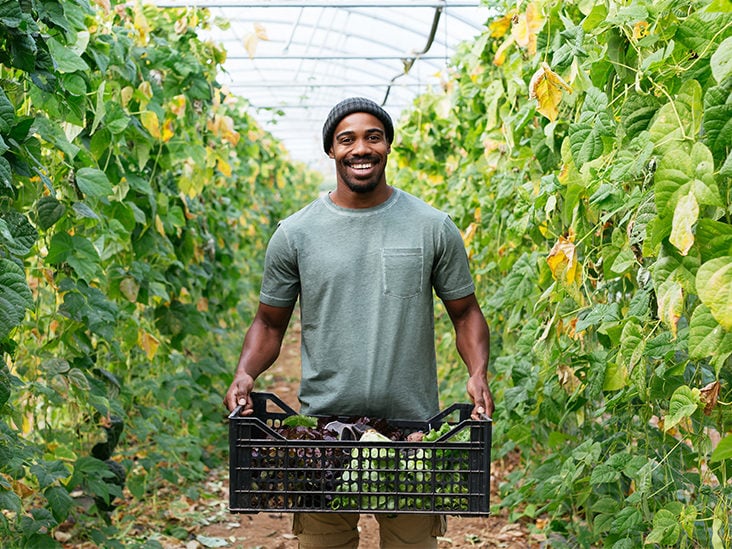
Technological innovations have greatly shaped agriculture throughout time. From the creation of the plow to the global positioning system (GPS) driven precision farming equipment, humans have developed new ways to make farming more efficient and grow more food. We are constantly working to find new ways to irrigate crops or breed more disease resistant varieties. These iterations are key to feeding the ever-expanding global population with the decreasing freshwater supply.
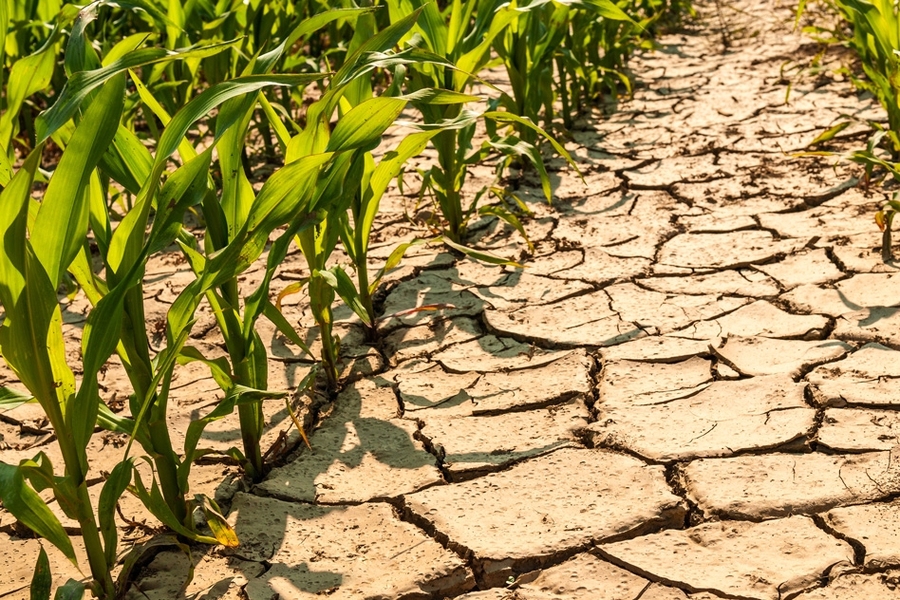
Agriculture is the world’s largest industry. It employs more than one billion people and generates tons of food annually. When agricultural operations are sustainably managed, they can preserve and restore critical habitats, help protect watersheds, and improve soil health and water quality. But unsustainable practices have serious impacts on people and the environment.
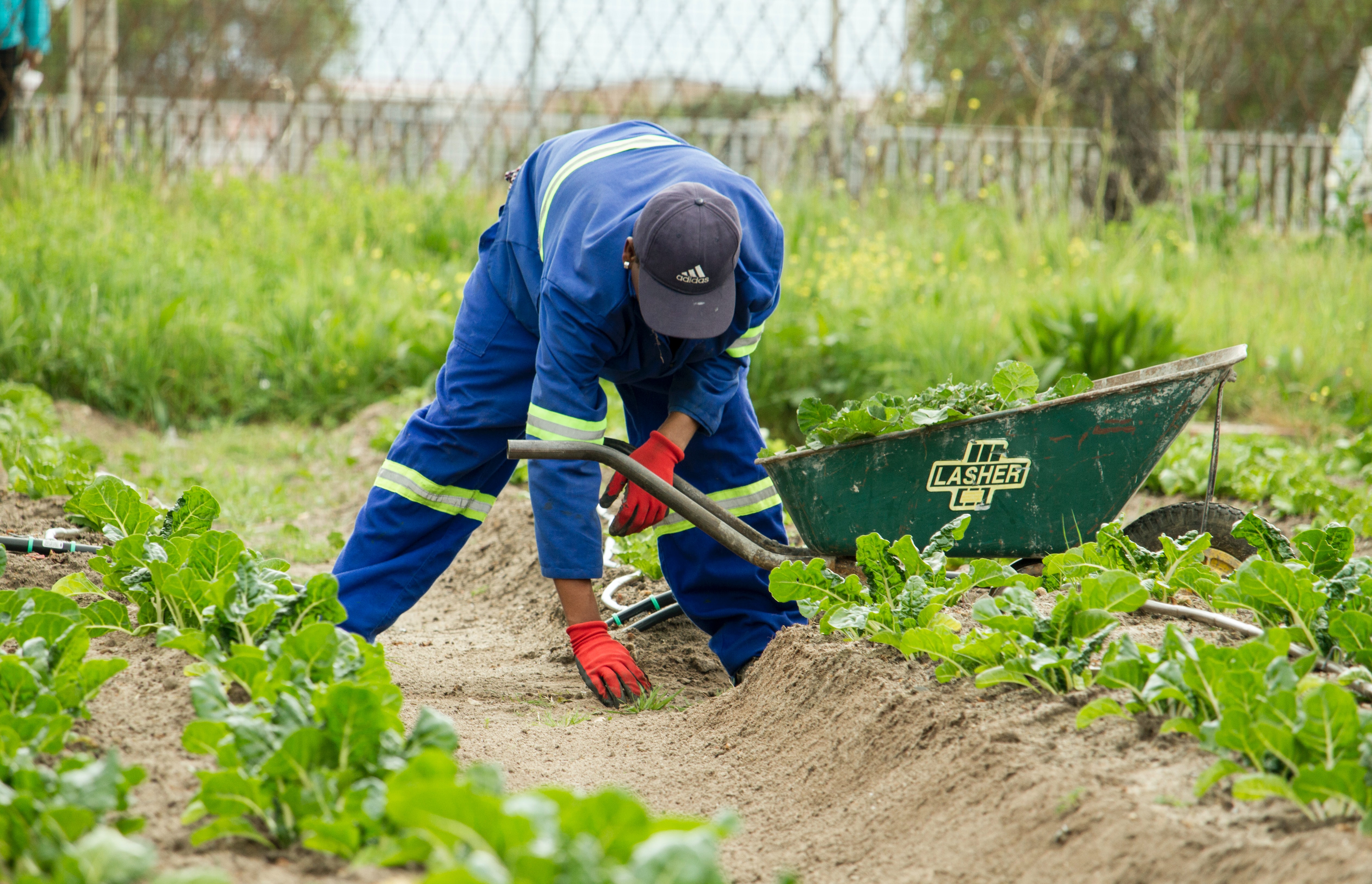
Urban agriculture, urban farming, or urban gardening is the practice of cultivating, processing, and distributing food in or around urban areas. In both scenarios, more direct access to fresh vegetables, fruits, and meat products through urban agriculture can improve food security and food safety.
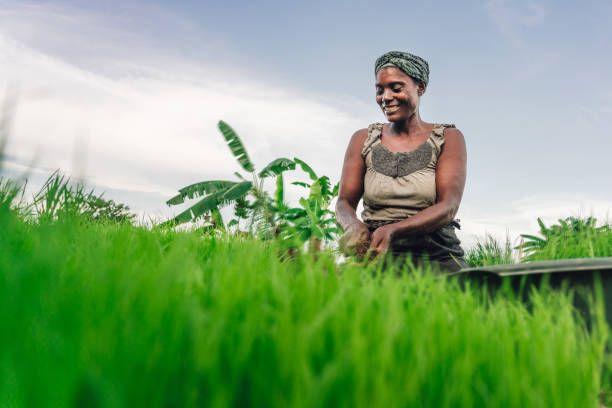

Most rural people, particularly in Sub-Saharan Africa, depend on agriculture for their livelihoods. In Kenya, rural households who are mainly smallholder farmers rely on agriculture for most of their income. The agriculture sector plays an important role in employment creation. However, the sector is reportedly dominated by the elderly people while youths tend to shy away.
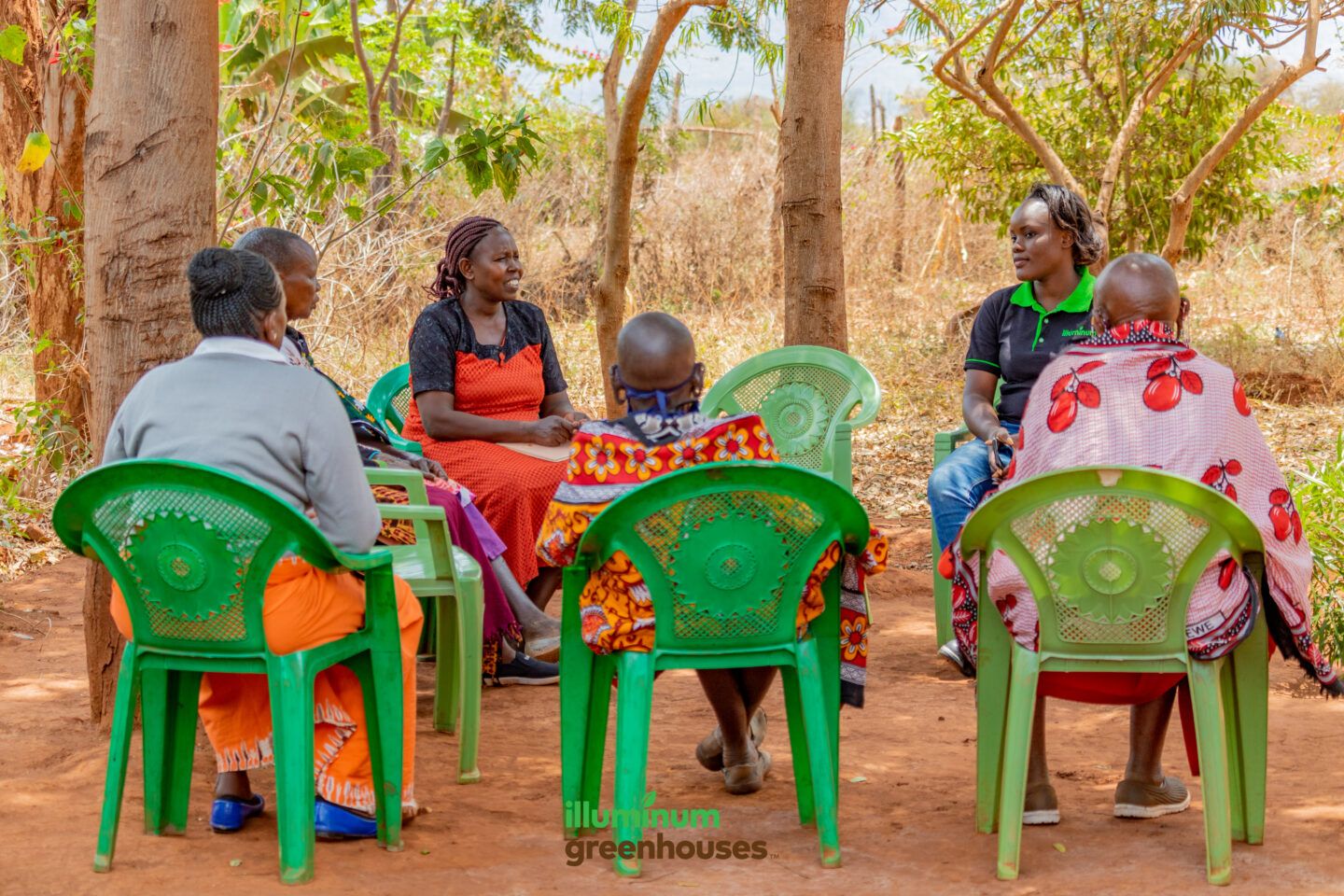
Looking back to the days of our ancestors, farming was the major activity for them. Their main worry was feeding their growing population. The person with the most children and great harvests was respected more. But what changed? We live in times we’ve variety of jobs in the market. Most young people have gone for white collar jobs and looked down on farming as a ‘dirty job.’ But is it really dirty when you can’t go for a day without a meal on the table?